Can Ketamine Cause Panic Attacks
Can Ketamine Cause Panic Attacks?
At Novel Mind & Wellness Center, we are committed to providing innovative and effective treatments for mental health disorders. One of the treatments we offer is ketamine therapy, known for its rapid antidepressant effects. However, as with any treatment, it’s important to understand both the benefits and potential side effects. One question that often arises is whether ketamine can cause panic attacks.
Ketamine’s Rapid Antidepressant Effects
Ketamine therapy has shown remarkable results in treating depression. Studies have demonstrated that the antidepressant effects of a single dose of ketamine can be observed within four hours, with peak effects at 24 hours lasting for several days. Repeated administrations of ketamine can prolong these antidepressant effects and are generally well tolerated. A rapid response to the first ketamine infusion is often predictive of a sustained antidepressant effect after a series of infusions.
Acute Psychological Side Effects of Ketamine
Despite its benefits, ketamine can cause acute psychological side effects. Typical side effects of intravenous ketamine administration (0.5 mg/kg over 40 minutes) include transient perceptual disturbances, experiences of dissociation (such as depersonalization or derealization), euphoria, and anxiety. These effects usually subside within several minutes after stopping the infusion and fully remit within two hours.
Anxiety and Panic Attacks
Anxiety is one of the potential side effects of ketamine, and in some cases, this anxiety can manifest as panic attacks. A study showed that anxiety-related experiences induced by ketamine were significantly higher in non-responders to the treatment. The study also found that the percentage reduction in the Montgomery-Åsberg Depression Rating Scale (MADRS) after four hours and individual levels of ketamine-induced anxiety were predictive of a response at the end of treatment. This highlights the importance of considering patients’ subjective experiences with ketamine.
Ketamine for Treating Anxiety
Interestingly, ketamine is also being explored as a treatment for anxiety. An increasing number of experts believe that ketamine might be an effective alternative for treating anxiety that doesn’t respond to other treatments. Although the FDA has only approved a particular form of ketamine for treatment-resistant depression, doctors may prescribe ketamine “off-label” to treat anxiety.
A 2022 review found that single-dose ketamine infusions reduced panic, irritability, and other anxiety symptoms in people with generalized anxiety disorder (GAD) and social anxiety disorder. Higher doses of ketamine were more effective than lower doses, and the anxiety-reducing effects lasted up to two weeks.
Individualized Care at Novel Mind & Wellness Center
At Novel Mind & Wellness Center, we understand that every patient is unique, and responses to ketamine therapy can vary greatly. Determining the predictability of panic attacks from ketamine is not possible for everyone, as individual experiences differ. Our approach involves thorough assessments by our qualified healthcare providers to determine if ketamine therapy is appropriate for each individual.
We strive to provide the best individualized care, considering both the potential benefits and risks of ketamine therapy. If you have any questions about ketamine therapy or would like to know more about how it could help with your condition, please contact us. Our team is here to provide the information and support you need to make informed decisions about your mental health and well-being.











